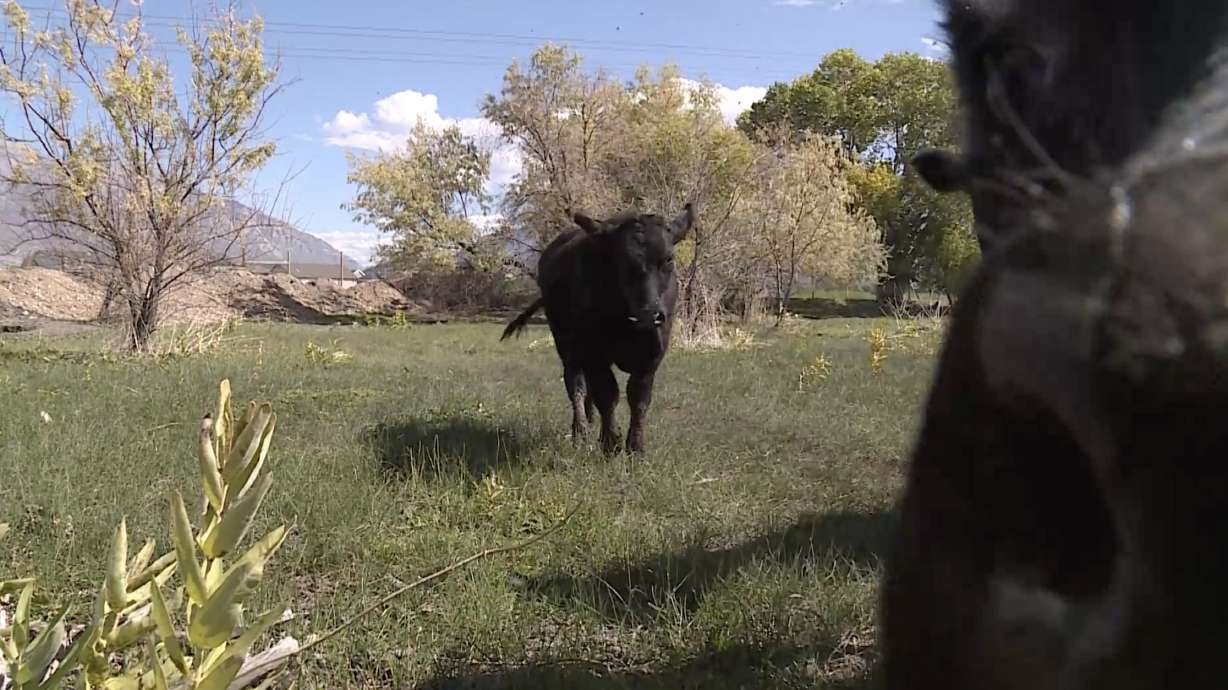Dave
Well-known member
In my job before retirement I got to work with some of the best soil and grass experts in the PNW. I literally did thousands of soil tests. Through work I was sent to workshops in Washington, Oregon and BC. Learned a lot of interesting stuff most of which applied to the area was in. Then I retired and moved out of 60 inch of rain fall to the high desert with a 10 inch annual precipitation. But an awful lot of the basics still apply.
I have neighbors who GGG grand parents came here by covered wagon on the Oregon Trail. You might think that those people would be stuck in doing things the way it has always been done. But the fact that they are still here and still in business shows they are willing to learn and change. Now they along with everyone else is exposed enough snake oil salesman. This super duper product will cure what ails you and make this ranch a huge success. So they aren't jumping on every idea which comes along.
Two things jumped into my head that are facts and are making change that some are still resisting.
Tillage is the enemy of soil organic matter.
Nitrogen fertilizer will lower the soil pH.
Both proven facts so the question becomes how you go about combating these problems? What is the solution or solutions?
I have neighbors who GGG grand parents came here by covered wagon on the Oregon Trail. You might think that those people would be stuck in doing things the way it has always been done. But the fact that they are still here and still in business shows they are willing to learn and change. Now they along with everyone else is exposed enough snake oil salesman. This super duper product will cure what ails you and make this ranch a huge success. So they aren't jumping on every idea which comes along.
Two things jumped into my head that are facts and are making change that some are still resisting.
Tillage is the enemy of soil organic matter.
Nitrogen fertilizer will lower the soil pH.
Both proven facts so the question becomes how you go about combating these problems? What is the solution or solutions?


